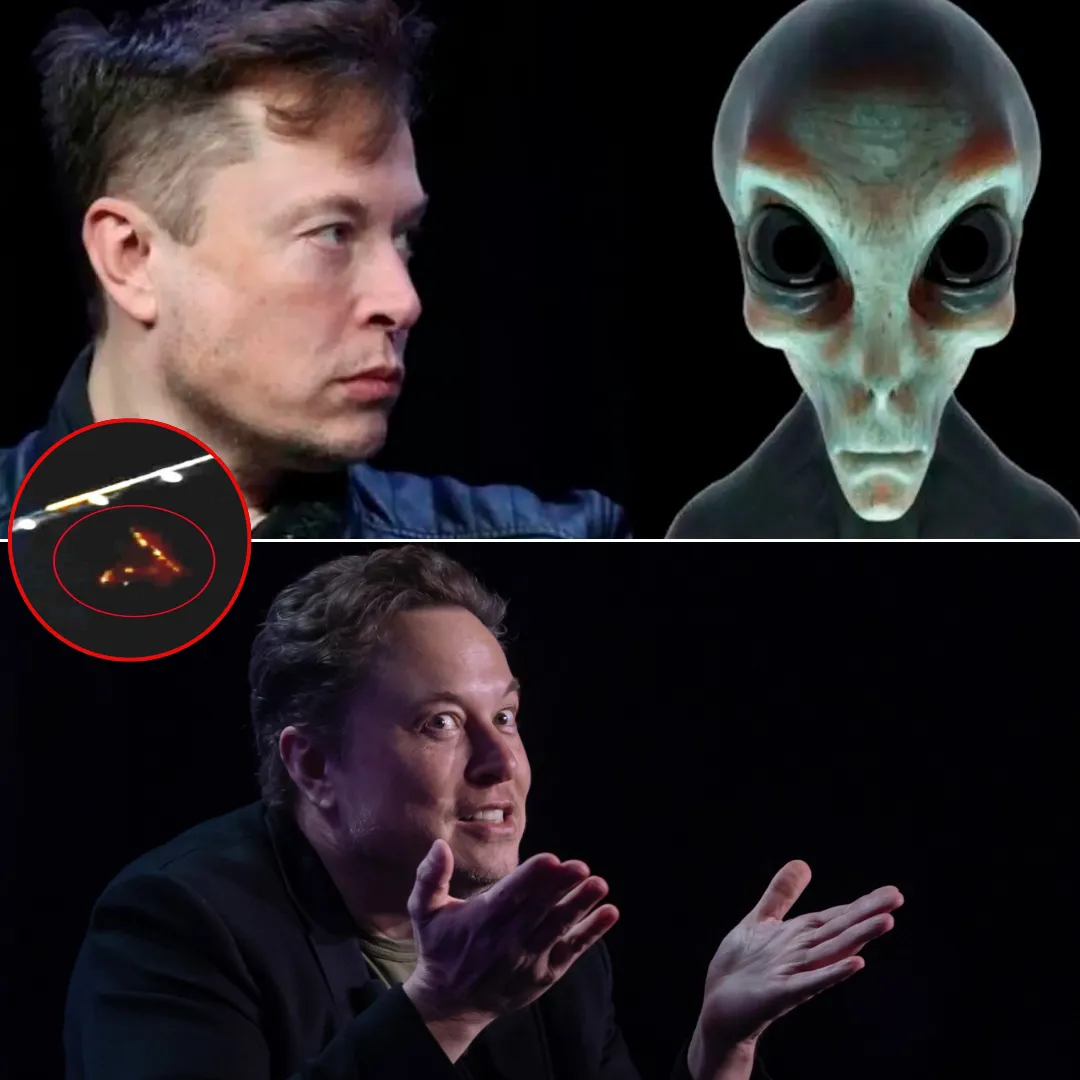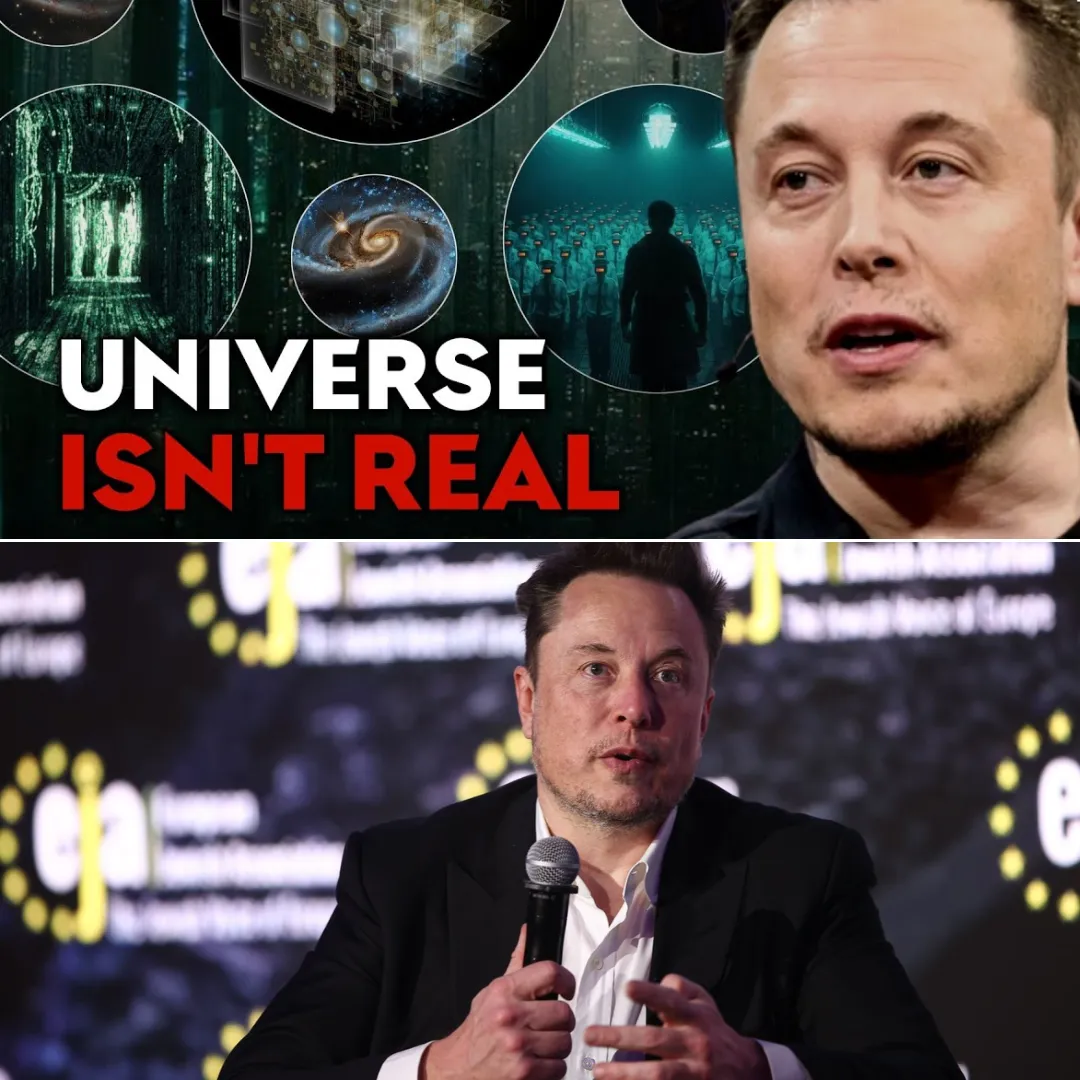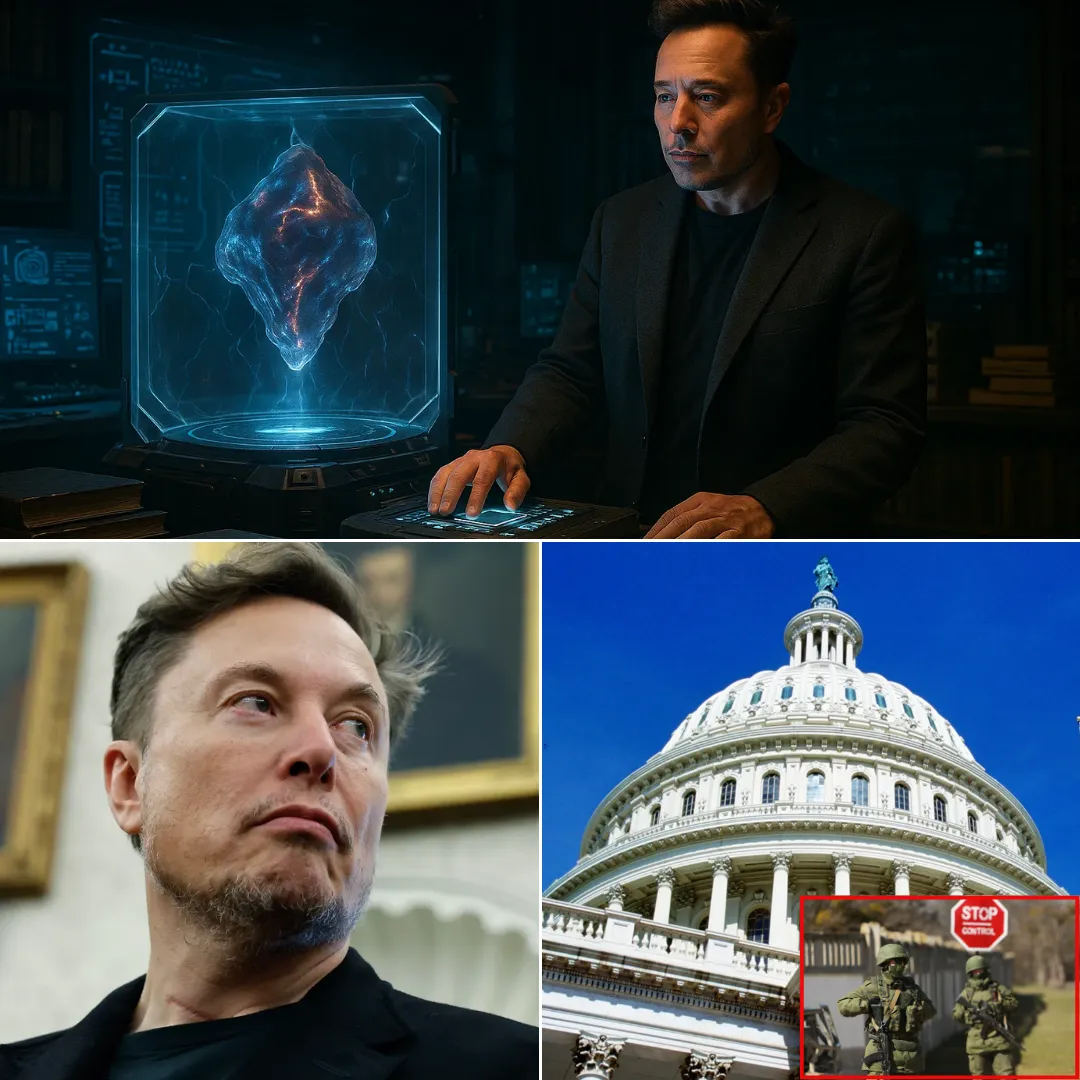Tesla’s financial situation continues to face growing scrutiny, with the company’s chief financial officer, Vaibhav Taneja, making significant stock sales amid ongoing challenges in key markets, particularly in Europe.
Taneja’s offloading of over $2 million in Tesla shares comes at a time when the company’s sales are in decline, and the company’s stock price continues to experience volatility due to CEO Elon Musk’s controversial political activities.
The sale of company stock by Taneja, which included two transactions on June 2 and June 3, raises important questions about Tesla’s financial health and the internal dynamics within the company.
Taneja’s actions, which follow a series of stock sales in recent months, have attracted attention from investors and analysts who are concerned about the long-term prospects of the electric vehicle manufacturer.
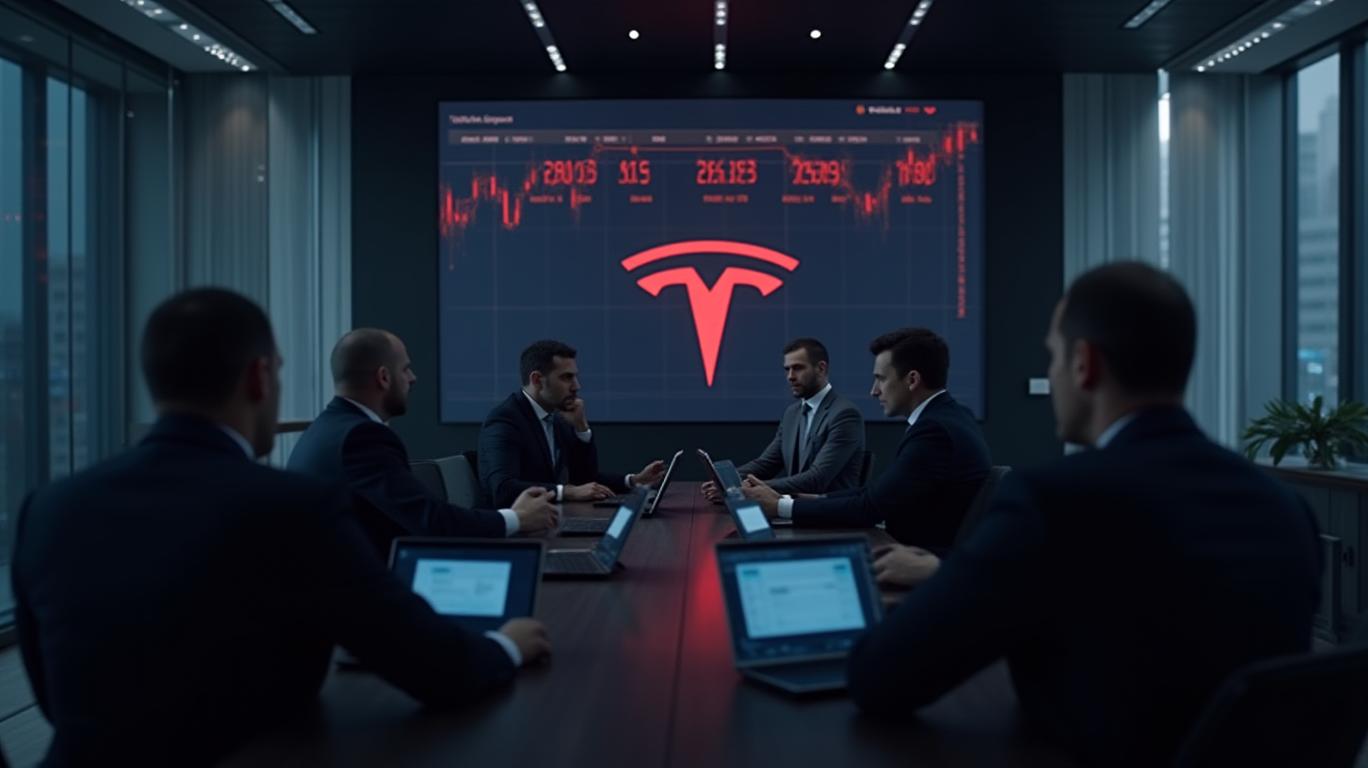
His June sales come on the heels of a $3 million offload in May, with his repeated sales of Tesla stock marking a significant shift in the financial strategy of the company’s leadership.
Taneja’s decision to sell shares comes after his lucrative compensation package, worth $139 million, primarily in stock, was disclosed last year. This large equity award, which included approximately $113 million in stock options and $26 million in stock awards, was part of Taneja’s full-year 2024 compensation.
Despite his substantial pay package, Taneja’s frequent stock sales raise concerns among some investors, especially considering the financial challenges Tesla is currently facing.
These concerns are compounded by the fact that Tesla’s stock price has been whipsawing over the past few months, with dramatic fluctuations attributed to a combination of factors, including Musk’s ongoing political controversies.
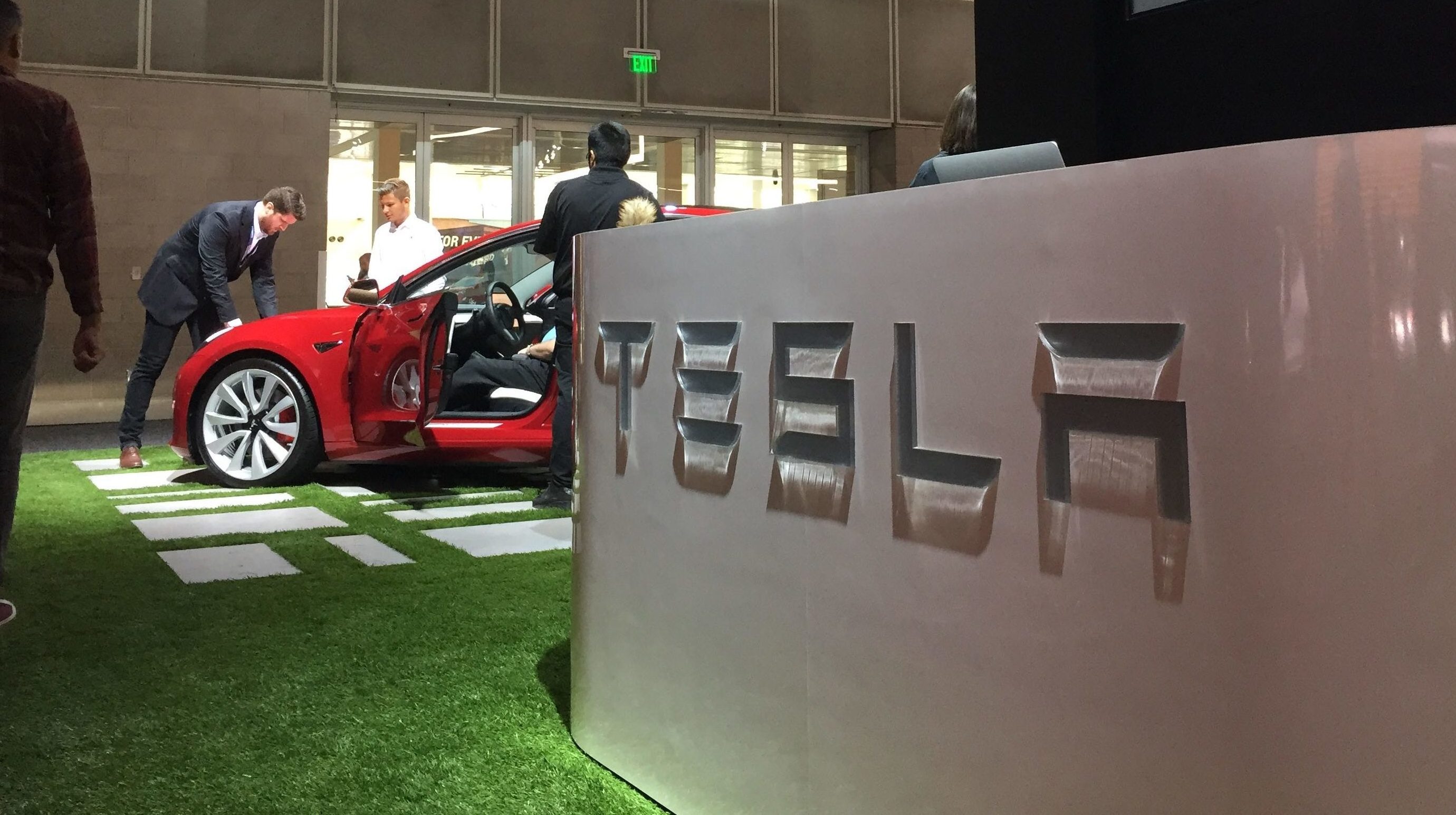
Tesla’s stock price took a notable dip of approximately 10% in late May following Musk’s public clashes with President Donald Trump regarding the “Big Beautiful Bill,” a major piece of legislation making its way through Congress.
Musk’s criticism of the bill, calling it a “disgusting abomination,” further fueled a sense of instability surrounding the company’s future. The backlash against Musk’s political activities has not been limited to his public remarks.
According to reports, the CEO’s controversial actions have led to internal dissent among Tesla employees, some of whom are frustrated with the negative impact Musk’s political connections have had on the company’s sales.
One employee was reportedly fired after creating a website to protest Musk’s political activities, stating that the CEO’s actions were harming car sales. In another instance, an employee voiced concerns about the company culture during a training session, revealing that many people had left Tesla with a “negative taste” in their mouths.
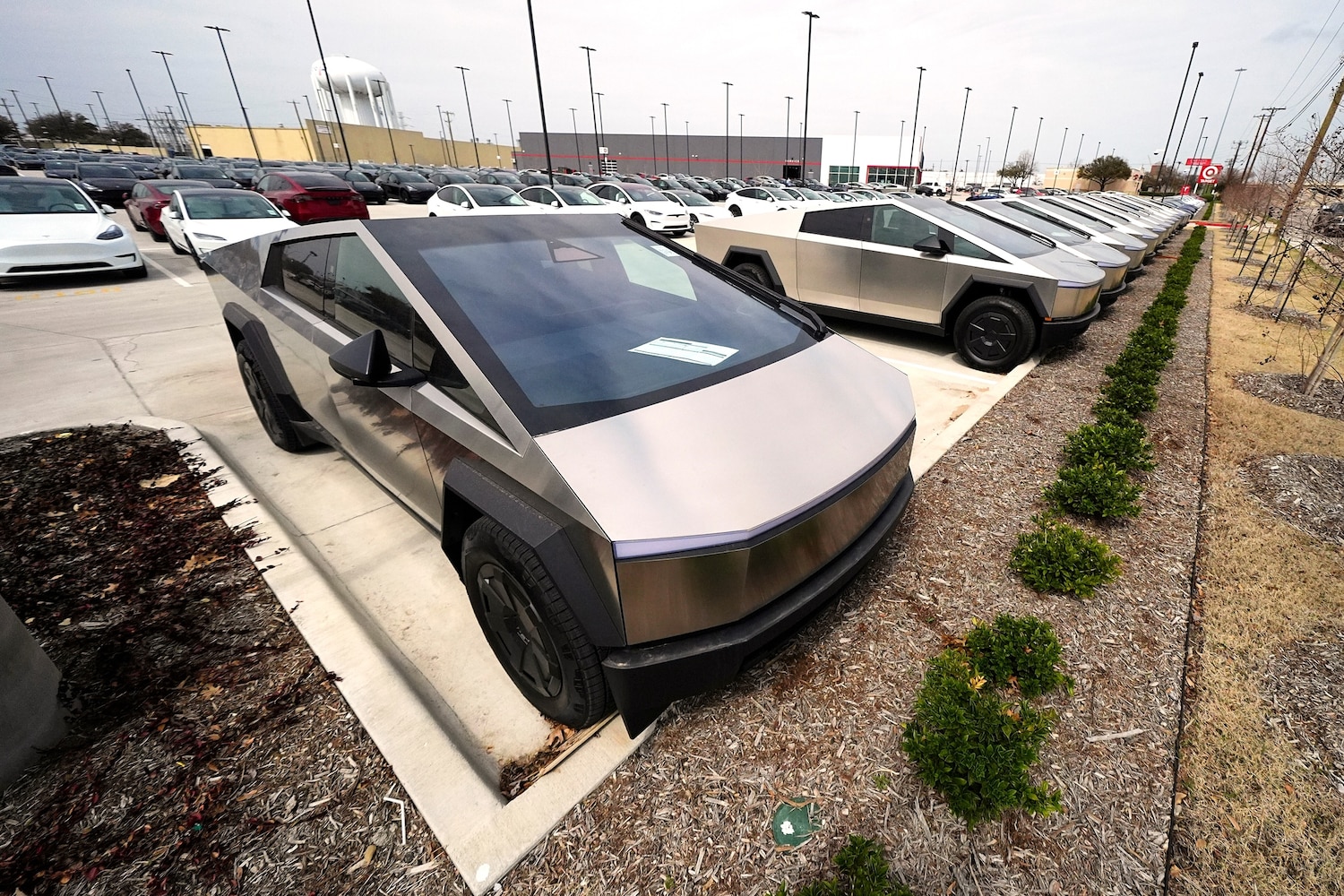
These reports of employee dissatisfaction add to the growing narrative of discontent within the company, which has struggled to maintain morale in the face of mounting external pressures.
Musk’s departure from his role at the Department of Government Efficiency (DOGE) in early June has not done much to alleviate concerns about the company’s financial health. While Musk sought to reassure Tesla investors during the company’s most recent earnings call, where it was reported that Tesla’s net profit had dropped by 71%, his political controversies continue to loom large.
Musk’s attempt to refocus on Tesla in the wake of his departure from government service has been overshadowed by the ongoing impact of his political activities on both the company’s public image and its bottom line.
One of the most significant challenges Tesla is currently facing is the decline in sales, particularly in Europe. Tesla’s sales in the European Union dropped by a staggering 53% in April compared to the same period the previous year.
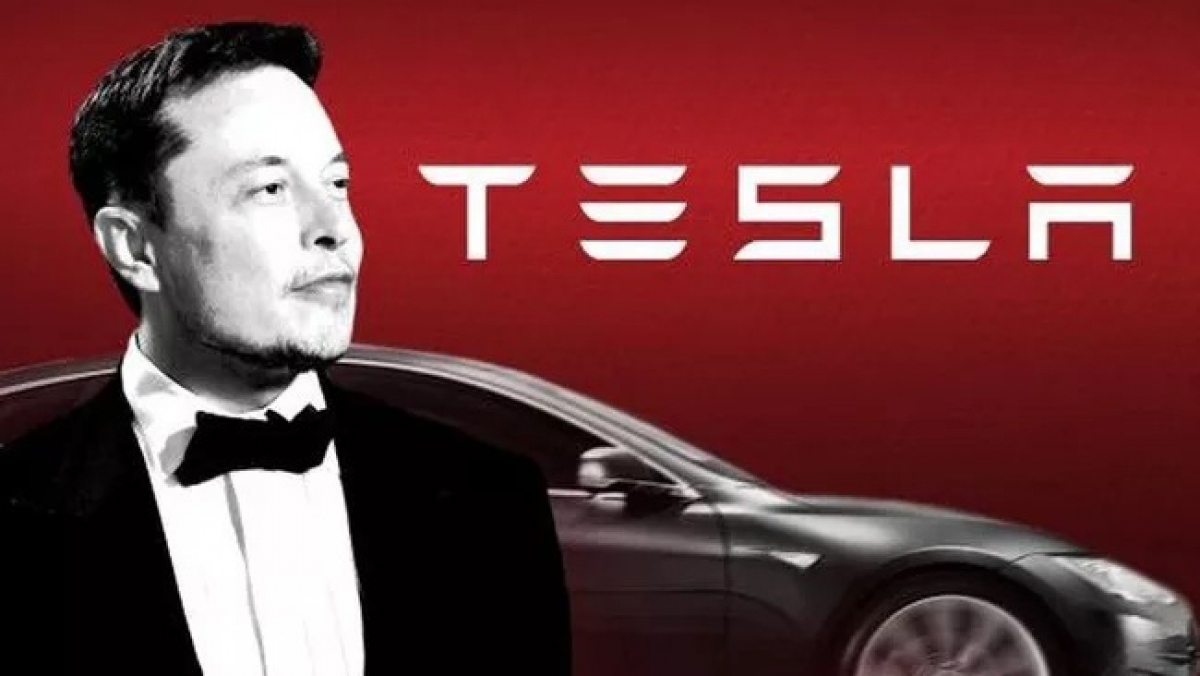
The sharp decline in demand for Tesla vehicles in Europe highlights the company’s vulnerability in a key international market, where it has faced increasing competition from established automakers offering electric vehicles at more competitive prices.
In France, one of Tesla’s most important European markets, deliveries plummeted by 67% in May compared to the previous year. These dramatic declines in sales raise serious concerns about Tesla’s ability to maintain its position as a leader in the electric vehicle market, especially as the European market becomes more saturated with alternatives.
The slump in European sales comes at a time when Tesla is trying to position itself as the dominant player in the global electric vehicle market. With the company’s growth slowing in traditional markets like the U.S. and Europe, Tesla has increasingly looked to new regions to fuel its expansion.
However, the company’s struggles in Europe, combined with the challenges posed by Musk’s political activities, have made it harder for the company to maintain investor confidence.
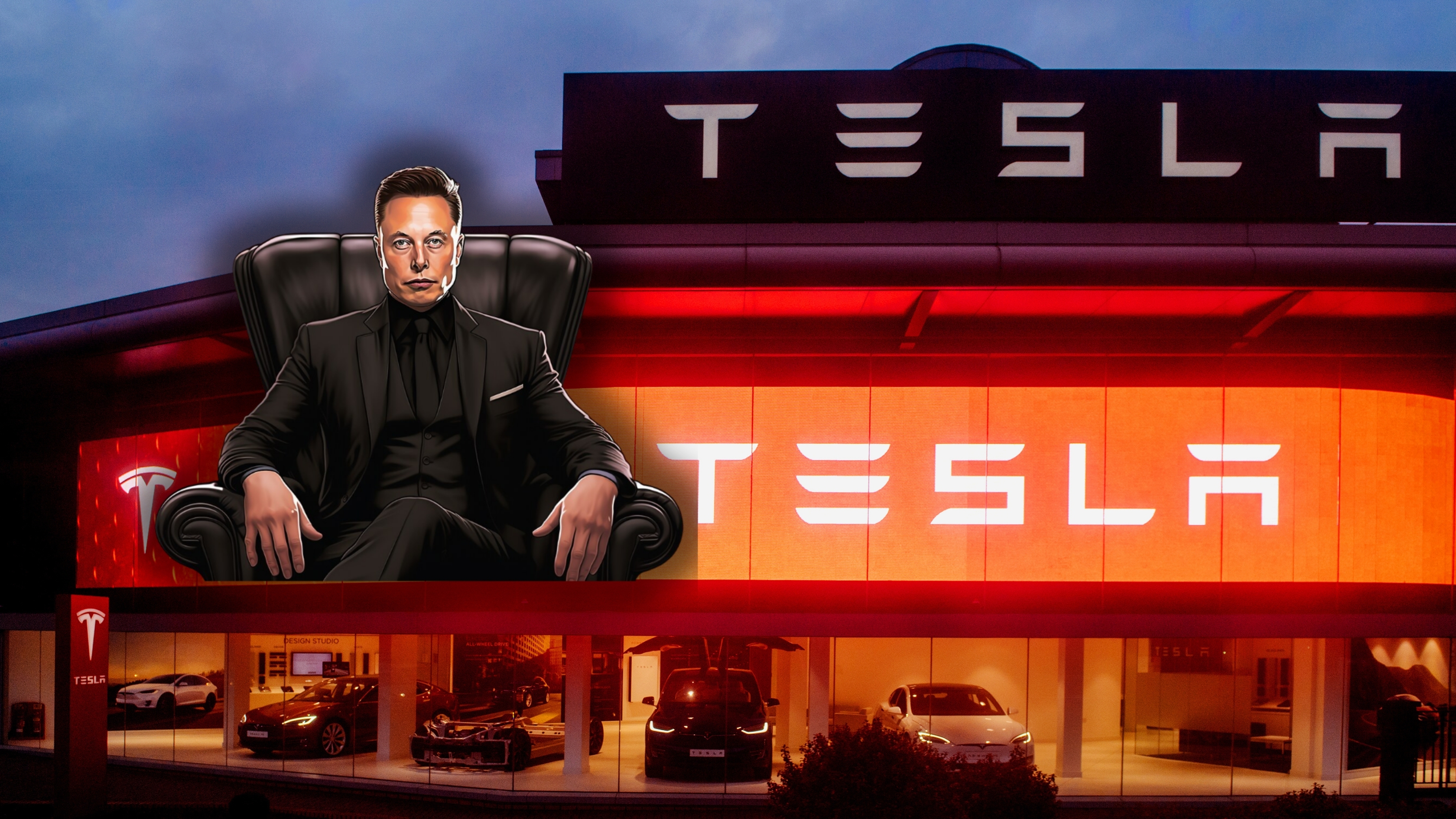
Musk’s divisive public persona, particularly his ongoing connections with the Trump administration, has alienated some potential customers and investors, contributing to the uncertainty surrounding the company’s future.
The decline in Tesla’s European sales is not the only financial hurdle the company faces. While the company has continued to innovate with new models and expand its production capabilities, the growing competition in the electric vehicle space has made it more difficult for Tesla to maintain its market share.
Traditional automakers like Volkswagen and Ford have ramped up their electric vehicle offerings, while new startups have also emerged with innovative designs and business models. In this increasingly crowded market, Tesla’s ability to maintain its dominant position is being tested like never before.
Despite these challenges, Tesla continues to move forward with ambitious plans for the future. The company’s focus on energy production, autonomous driving, and space exploration, through its SpaceX partnership, remains central to its long-term strategy.

However, the path forward for Tesla is not without obstacles, particularly as it faces increased scrutiny from investors and critics alike. Musk’s personal and political activities will continue to shape the company’s future, and the impact of his actions on Tesla’s financial performance cannot be ignored.
In conclusion, the combination of Taneja’s stock sales, Musk’s political controversies, and the declining sales in Europe paints a picture of a company in transition. While Tesla remains a leader in the electric vehicle industry, its future growth and stability are uncertain. The company faces significant challenges both internally and externally, from employee dissatisfaction to growing competition in key markets.
As Musk continues to dominate the headlines with his political actions and public statements, Tesla will need to navigate these turbulent waters carefully to maintain its position as a leading force in the automotive and energy sectors. The next few months will be crucial for the company as it looks to regain momentum and restore investor confidence.

